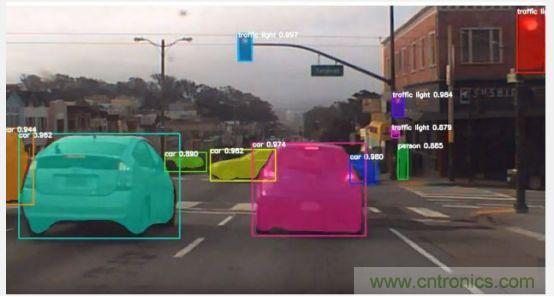
What is the Typical Evaluation Process for Funded Accounts?
Ever wondered how aspiring traders transition from demo screens to real money accounts? Or what that mysterious “evaluation process” really looks like behind the scenes? For anyone stepping into prop trading or funded accounts, understanding this journey can make a huge difference—not just in how you prepare, but in how you succeed in a competitive, rapidly evolving environment.
Let’s unpack what happens once you’ve been offered the opportunity to trade with a funded account, and explore how this process shapes your career, especially as the finance world pushes into new frontiers like decentralized finance, AI-driven trading, and multi-asset strategies.
The Evaluation: What Does It Involve?
Imagine this as a sort of onboarding for the trading world’s elite. The evaluation process isn’t just a simple “pass or fail”—it’s a structured assessment designed to gauge your skills, discipline, and adaptability across different asset classes like forex, stocks, cryptocurrencies, indices, options, and commodities.
Most prop firms or funding programs start you off with a simulated or scaled-up challenge, revealing whether you’re ready to handle real capital. It’s a management sandbox that tests your ability to keep risk within limits, stick to a plan, and navigate market unpredictability. Think of it as a financial bootcamp—only the strongest survive.
The Core Features of the Evaluation
-
Profit Targets & Risk Controls This is where your discipline really gets put to the test. For example, a firm might set a target to hit a certain percentage profit within a timeframe, like 8% in 30 days, all while maintaining a maximum daily or overall drawdown of say 5%. If you breach these limits, your evaluation might be over before it even begins.
-
Multiple Asset Testing Many programs now require traders to demonstrate versatility—trading forex, stocks, options, commodities, and even crypto. This isn’t about messing around; it’s about showing that you can switch gears swiftly as market conditions shift.
-
Consistency & Adaptive Trading Patience, discipline, and adaptability are the holy trinity here. Whether it’s handling a volatile crypto spike or calmly riding a trending stock, your performance over time matters—more than just a lucky trade or two.
-
Time Frame & Structure Some evaluations last a few weeks, others a couple of months. The idea is to assess your trading habits consistently rather than on one-off wins. During this phase, your journal and trading logs are scrutinized closely, much like a background check for a high-security job.
Real-World Examples
Take a trader who nails a forex challenge by steadily growing their account without ever risking more than 2% per trade—yet manages to meet the profit goal within 20 trading days. That trader demonstrates resilience, risk awareness, and strategic execution—traits highly valued in funded programs.
Contrast that with a trader who hits the profit target but blows the account due to reckless risk-taking. It’s a reminder that evaluation isn’t just about profits but about how you get there.
Opportunities in a Changing Financial Landscape
This evaluation process is evolving alongside the times. Decentralized finance (DeFi) is breaking down traditional barriers, offering access to liquidity pools, staking, and token swaps without central intermediaries. But with these exciting new arenas come fresh risks—code vulnerabilities, lack of regulation, and liquidity issues.
Simultaneously, the rise of AI-driven algorithms is redefining trading strategies. Imagine implementing an AI assistant that adapts to market shifts faster than a human, analyzing patterns across multiple assets simultaneously. Prop firms are beginning to integrate these technologies into their evaluation setups, favoring traders who understand not just the markets but also the power of data and automation.
The Future of Prop Trading
Prop trading isn’t just about finding the best scalp or a few quick wins anymore. It’s shifting toward a comprehensive understanding of multiple markets, leveraging decentralized protocols, and deploying smart contracts. As traders embrace automation and AI, future evaluation processes may focus more on adaptability, strategic thinking, and technological literacy.
Why It Matters
Getting through the evaluation isn’t just about proving your skill; it’s about positioning yourself in a fluid, fast-moving financial world where assets are spreading out beyond traditional borders. Whether it’s trading stocks, crypto, or commodities, the skill set you hone now prepares you for a future where AI, blockchain, and decentralized platforms become the norm.
If you’re curious about breaking into this space, think of the evaluation as a gateway—an insight into your own readiness and a stepping stone into the next frontier of finance. Remember, in this game, adaptability, continuous learning, and a keen understanding of emerging tech are your best allies.
Trade smarter, trade calmer—your funded account journey begins here.


